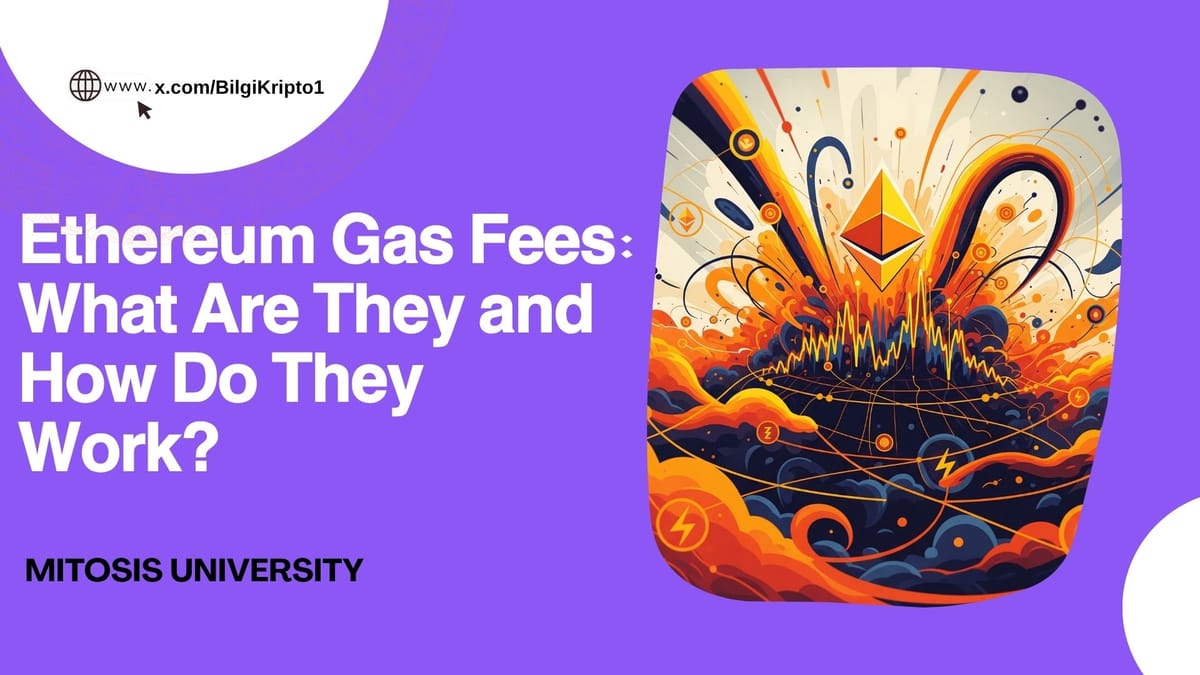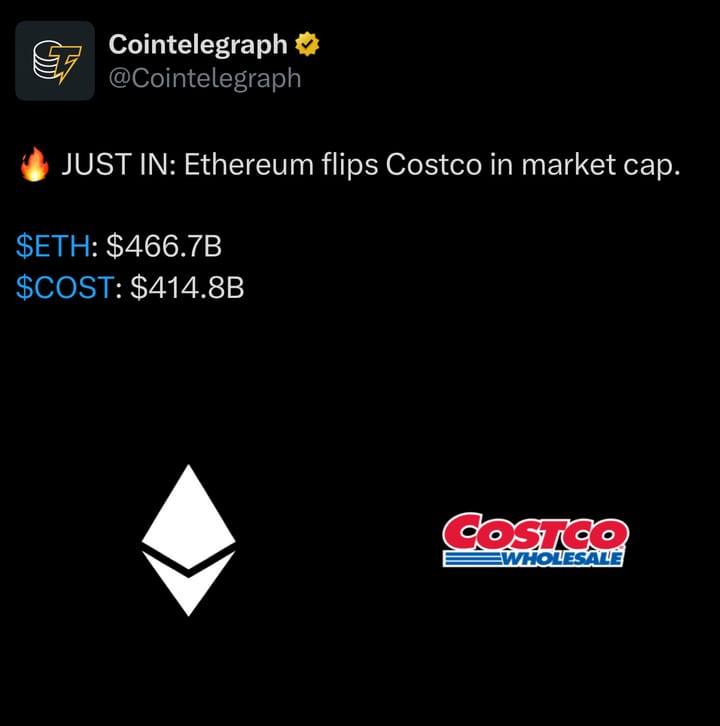Ethereum Gas Fees: What Are They and How Do They Work?

Anyone who performs transactions on the Ethereum network encounters one fundamental concept: gas fees. These fees represent the computational power required to verify and record each transaction on the blockchain. From a simple ETH transfer to a complex smart contract interaction, every action generates a specific transaction cost.
What Is a Gas Fee?
A gas fee is the cost you must pay to execute a transaction on blockchains like Ethereum. Let’s explain this with a simple everyday example:
- You need fuel to drive a car.
- Similarly, to execute a transaction on Ethereum, you need to pay a fee called “gas.”
Every transaction is processed by validators before being added to the blockchain. These validators are rewarded in ETH for the work they perform.
In What Unit Are Gas Fees Measured?
In Ethereum, gas fees are typically measured in a small unit called gwei.
- 1 ETH = 1 billion gwei.
This makes it possible to measure even the smallest transaction costs precisely.

How Are Gas Fees Calculated?
Before sending a transaction, you need to define two main parameters:
- Gas limit: The maximum amount of gas you are willing to spend for the transaction.
- Gas price: The amount of ETH (in gwei) you are willing to pay for each unit of gas.
Simple formula:
Total Gas Fee = Gas Used × Gas Price
If you don’t exceed the limit you set, any unused gas is refunded. However, if your gas limit runs out before the transaction is completed, the transaction fails, and the gas consumed up to that point is not refunded.
London Upgrade (EIP-1559) and the Changed System
With the London Hard Fork update in 2021, the method for calculating gas fees changed:
New formula:
Total Fee = Gas Used × (Base Fee + Priority Fee)
- Base Fee: Automatically determined based on network conditions and burned (removed from circulation), gradually reducing the total ETH supply.
- Priority Fee (tip): An additional fee paid to validators to speed up your transaction confirmation.
This change eliminated users’ need to manually guess fees and brought more predictability to transaction costs.
Why Do Gas Fees Constantly Change?
There are two main reasons gas fees are not fixed:
- Network Congestion: When many people try to transact simultaneously, gas fees increase.
- Transaction Complexity: A simple ETH transfer consumes less gas, while buying an NFT or performing DeFi operations requires more computational power.
For example, at 9 PM, if everyone is using the same DApp, you’ll need to offer a higher fee to get your transaction processed quickly. Conversely, at 3 AM, when the network is quieter, you can execute transactions at lower costs.
Why Are Gas Fees Important?
Gas fees are not just a cost; they are a mechanism that ensures the security and efficiency of the network:
- Network security: If transactions were free, spam could overwhelm the blockchain.
- Validator incentive: Fees motivate validators to maintain and secure the system.
- Resource efficiency: Encourages developers to write optimized smart contracts and avoid wasting network resources.
- Transaction prioritization: Users who pay more have their transactions processed first, which aligns with market dynamics.

Ways to Reduce Gas Fees
- Check real-time gas prices before transacting (tools like Etherscan can help).
- If you are not in a hurry, set a lower gas price; keep in mind your transaction will take longer to confirm.
- Try to make transactions during hours when the network is less congested.
- Use Layer 2 solutions (such as Arbitrum or Optimism) to lower costs and improve speed.
Conclusion
Gas fees are one of the fundamental components of the Ethereum ecosystem. They keep the network secure, decentralized, and sustainable. Even though fees may sometimes seem high, they are crucial for the system’s operation.
Updates like EIP-1559 have made these fees more predictable. Anyone involved with Ethereum whether using DeFi platforms, NFTs, or various DApps should understand how gas fees work. This knowledge can help lower costs and make transactions more efficient



Comments ()